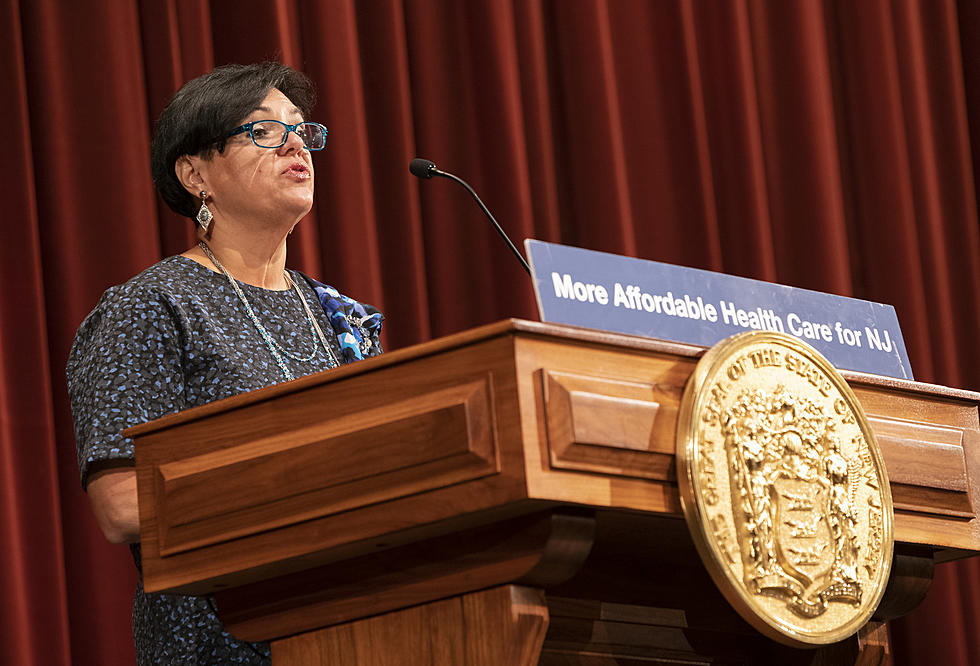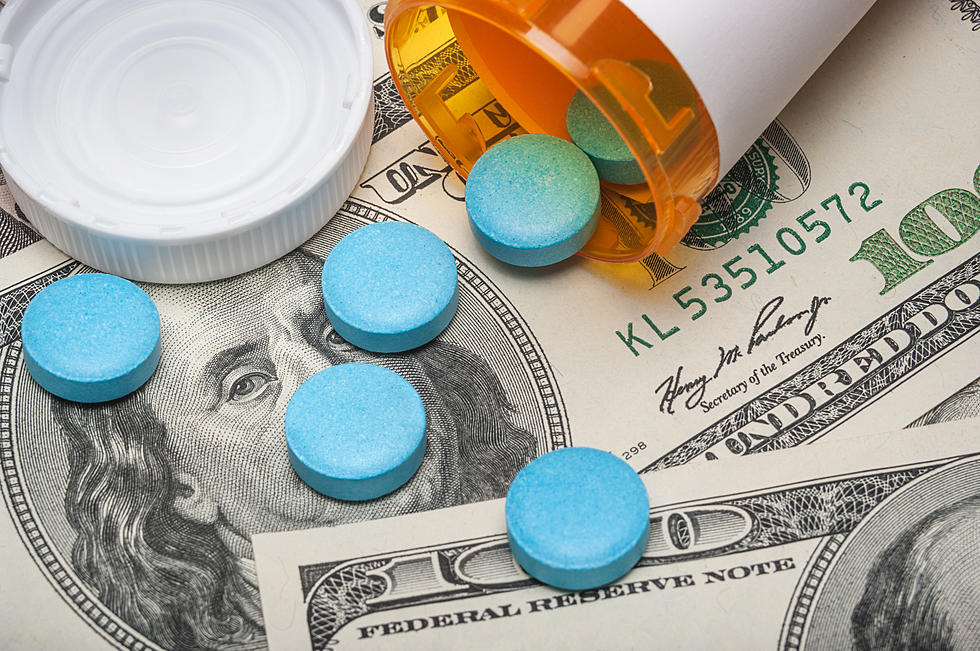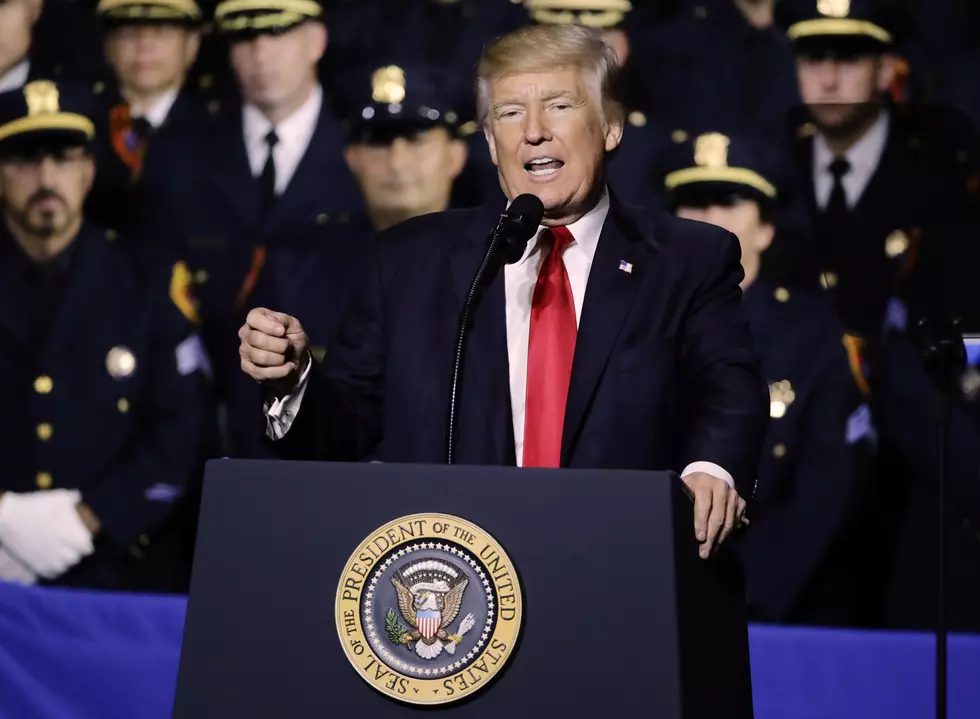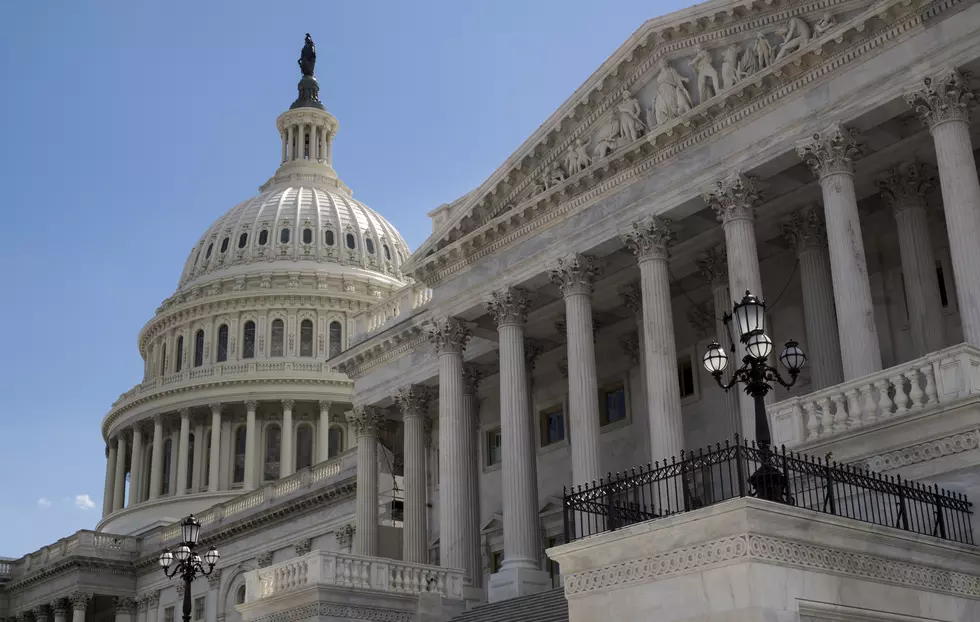
‘Urgent care’ use rises in face of New Jersey’s doctor shortage
Obamacare, coupled with an ongoing shortage of doctors in New Jersey, has led to the rise in urgent care facilities. Some patients are even going to pharmacists for minor care issues since it can be difficult to get a timely appointment with a primary care physician.
Of New Jersey's 22,410 licensed physicians practicing in the state, only 3,500 of them are primary care doctors, according to a 2013 report by the N.J. Council of Teaching Hospitals. That equals about one primary care physician for every 2,500 residents.
The problem is only going to get worse. The report indicated that by 2020, New Jersey will see a shortage of 1,006 primary care physicians and 1,829 specialists.
One health expert thinks New Jersey can address this problem by tapping into other resources.
"We have a doctor shortage in general, but for primary care there's a lot of other providers that can take care of people quite ably, including nurse practitioners," said Linda Schwimmer, vice president of the New Jersey Health Care Quality Institute.
In addition to using other providers to address the primary care physician shortage, the state also needs to use advances in technology for primary care purposes, according to Schwimmer.
The new influx of health care consumers, empowered under the Affordable Care Act, may also need to increasingly turn to urgent care facilities for some of their medical needs. Some health care consumers now turn up at pharmacies, also known as retail clinics, for simple matters such as flu shots and blood pressure monitoring.
"The ones (retail clinics) that are in CVS and Target and places like that, they will deal with a limited number of quick, simple things that people need to have done that they would like to pop in and get it done without having to make an appointment and wait to see their provider," said Mike Clark, assistant professor of nursing at Rutgers School of Nursing - Camden.
Clark also identified another new and emerging facet to urgent care facilities.
"What's happening with urgent care is that there's an emerging trend toward having different levels or types of urgent care. There are now urgent care centers where you could go and they actually have X-Ray on-site. You can get a preliminary diagnosis if you have a sprain and not a fracture and get crutches," Clark said.
The medical specialists expected to face some of the greatest shortages come 2020, according to N.J. Council of Teaching Hospitals, include: general surgeons, anesthesiologists and cardiologists.
More From New Jersey 101.5 FM









